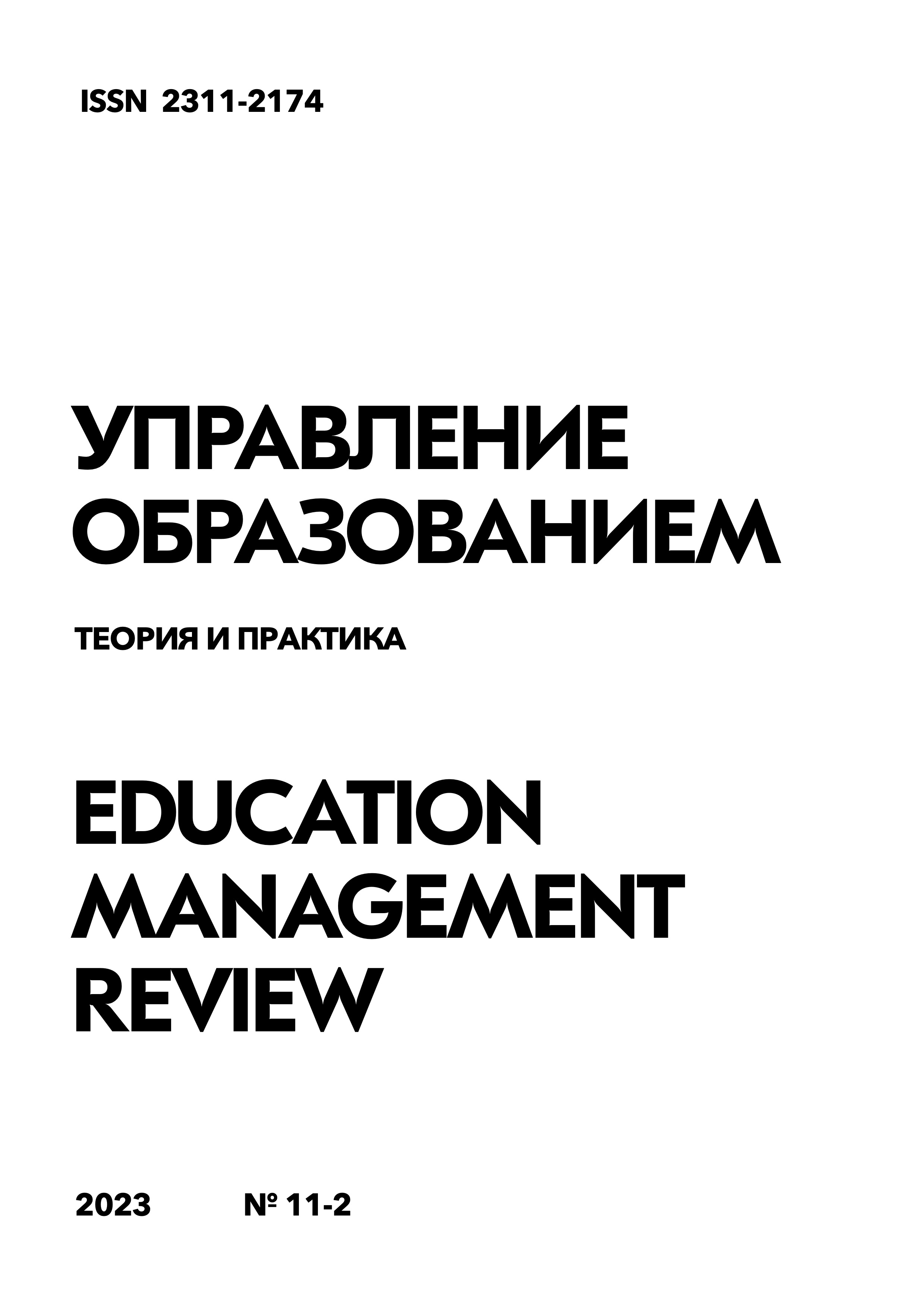Development and implementation of multi-agent management models in the educational process of Russian universities to increase the level of adaptation of students
DOI:
https://doi.org/10.25726/j6424-6773-0838-zKeywords:
multi-agent models, student adaptation, higher education, innovative educational technologies, machine learning, virtual reality, individualized learning trajectoriesAbstract
In the era of global digitalization and the dynamic development of educational technologies, the issue of student adaptation in higher education institutions is becoming particularly relevant. The approach considered in this study to the introduction of multi-agent management models into the educational process of higher educational institutions of the Russian Federation is based on the goals of increasing the adaptive abilities of students to changing educational realities. Materials and methods. The study is based on the analysis of data on the dynamics of student adaptation in 50 leading universities in Russia over the past 5 years, the collection and processing of statistical data, conducting surveys among 2,000 students and 300 teachers, as well as on the development and testing of a multi-agent model based on a pilot program implemented in 10 universities. Results. The study revealed that the introduction of multi-agent models contributes to the improvement of students' adaptation processes by 35%. In particular, the level of successful adaptation of first-year students increased by 40% compared to traditional teaching methods. The multi-agent model integrated into the educational process includes individualized learning trajectories, machine learning algorithms for analyzing student performance and preferences, as well as virtual reality modules to simulate real professional situations.
References
Аксенов К.А., Гончарова Н.В. Гибридное моделирование мультиагентных процессов преобразования ресурсов. М.: Российская академия естествознания, 2019. 222 с.
Бермус А.Г. Цифровая трансформация высшего образования с позиций междисциплинарного подхода: обзор гуманитарных исследований // KANT. 2022. № 1 (42). С. 6-16.
Богатов Е.М., Коренев A.B., Михайлов И.С. О современных инструментах и методах ведения научных исследований по истории математики // Таврический вестник информатики и математики. 2021. № 3 (52). С. 35-57.
Городецкий В.И. Поведенческие модели кибер-физических систем и групповое управление: основные понятия // Известия ЮФУ. Технические науки. 2019. № 1(203). С. 144-162. D01:10.23683/2311-3103-2019-1-144-162
Демидова Т.Е., Тонких А.П. Реализация проблемного обучения в вузе // Начальная школа плюс До и После. 2004. № 4. С. 6-12.
Демидова А.В. Смешанное обучение как объект педагогического моделирования в условиях общего образования // Научное обозрение. Педагогические науки. 2022. № 3. С. 10-14.
Лисицына Л.С. Основы теории нечетких множеств. СПб.: Университет ИТМО, 2020. 74 с.
Лямин Б.М. Методическое обеспечение процессов управления инновационной деятельностью высшего учебного заведения: дис. канд. экон. наук. Санкт-Петербург, 2020. 172 с
Ляшенко А.А. Модели смешанного обучения: потенциал личностной ориентированности // Научное наследие. 2021. № 61 (3). С. 9-13.
Мальцев В.А., Мальцев К.В. Пандемия и образование // Научные труды Вольного экономического общества России. 2020. Т. 224, № 4. С. 402-415.
Манучарян М.С. К вопросу о смешанном обучении на занятиях по физической культуре и спорту в вузе // Международный журнал гуманитарных и естественных наук. 2022. № 7-2 (70). С. 58-61.
Токтарова В.И., Федорова С.Н. Адаптация студентов к обучению в условиях электронной информационно-образовательной среды вуза // Вестник марийского государственного университета. 2019. Т. 13. № 3. С. 383-390.
Федотова Е.Л., Федотов А.А. Информационные технологии в науке и образовании: учебное пособие. М.: ФОРУМ ИНФРА-М, 2021. 335 с.




